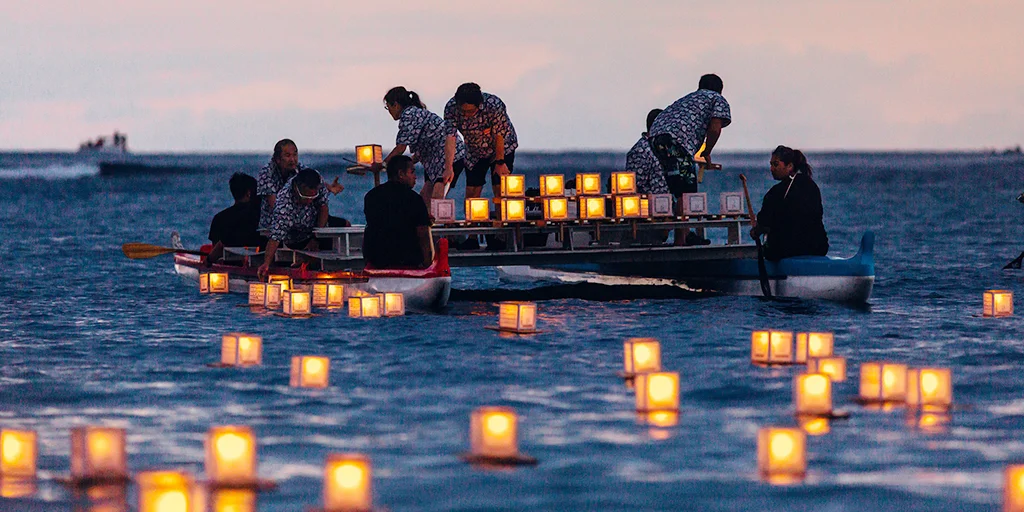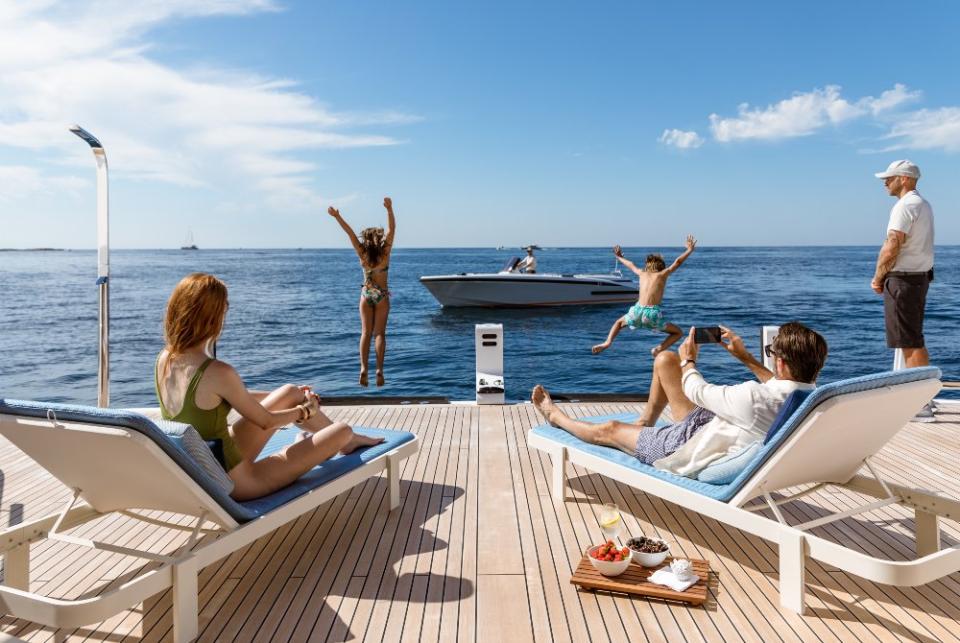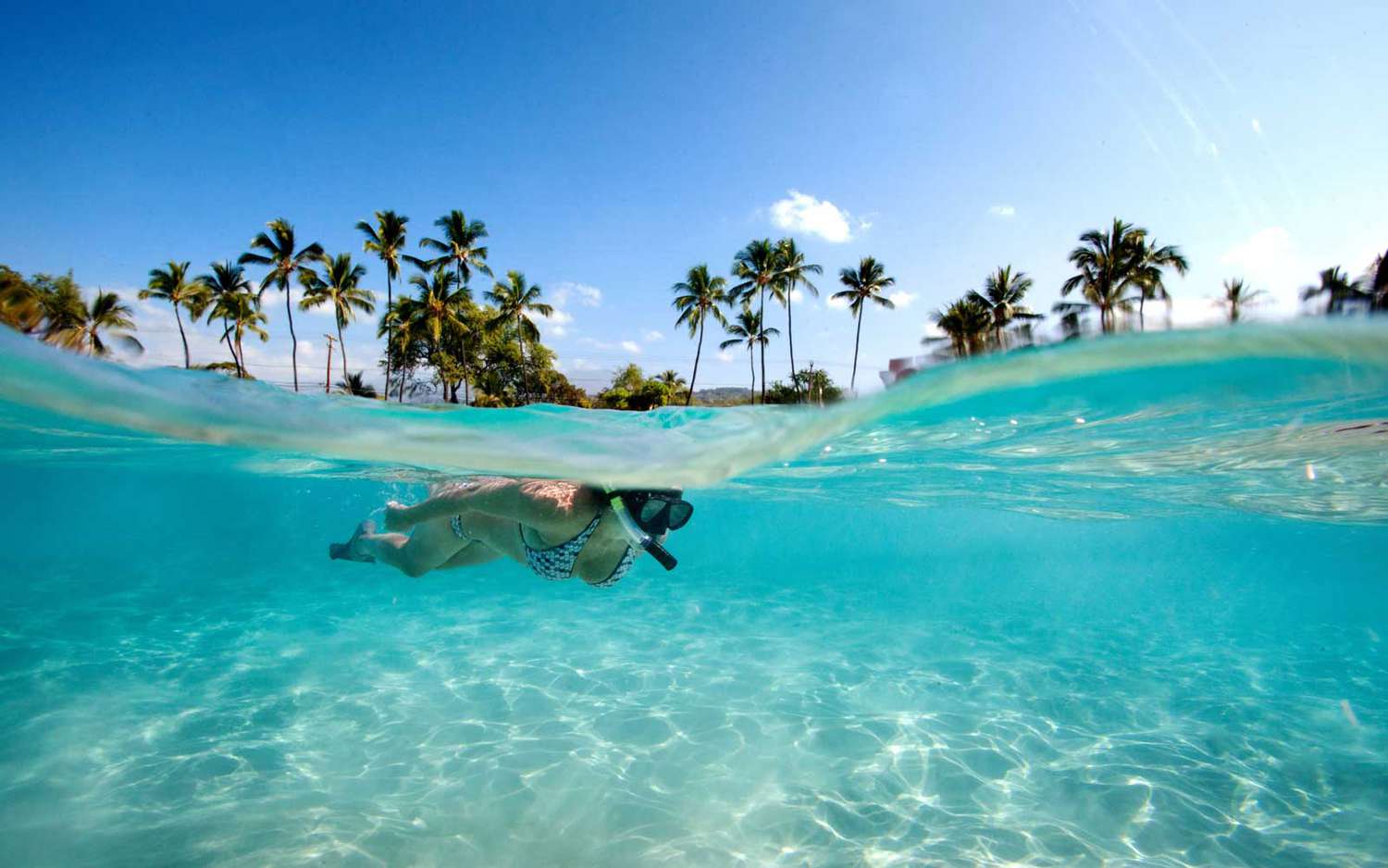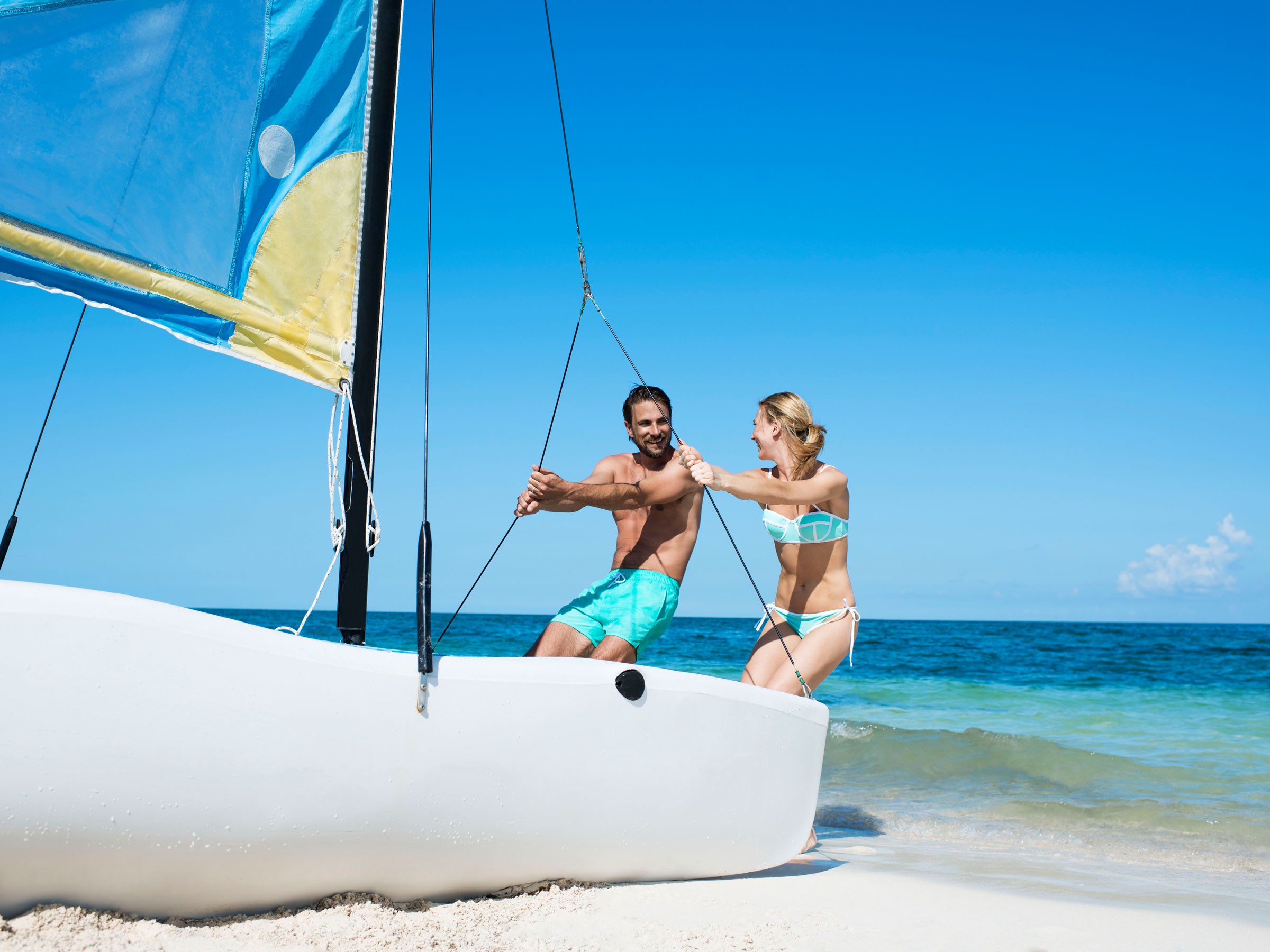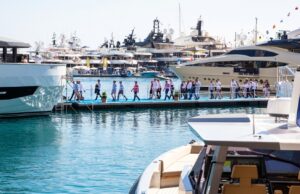Water isn’t just a playground—it’s a powerful cultural element that has shaped human civilizations for centuries. Across the globe, countless communities have developed deep-rooted traditions, rituals, and lifestyles centered around rivers, seas, lakes, and oceans. For travelers seeking more than just relaxation or adventure, engaging in cultural water experiences offers a meaningful glimpse into the soul of a destination.
Water as a Cultural Connector
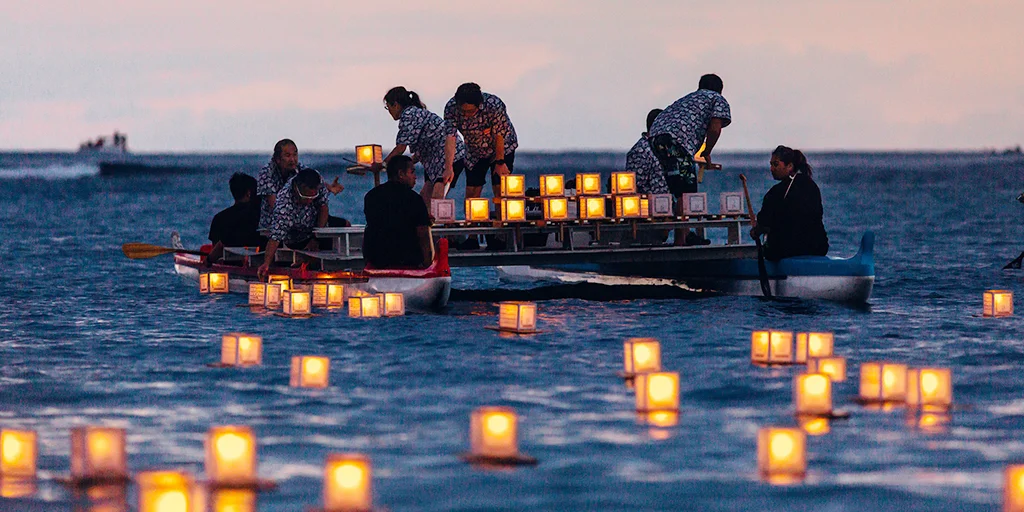
From ancient trade routes to sacred cleansing rituals, water has long served as a bridge between peoples, nations, and spiritual beliefs. Whether it’s a riverside ceremony in Asia or a coastal fishing tradition in Scandinavia, bodies of water often lie at the heart of heritage and identity.
Sacred Waters: Ritual and Religion
In many parts of the world, water is seen not just as a life-sustaining element but as a divine force. Participating in or witnessing water-based ceremonies can be a powerful and moving experience:
- The Ganges River, India – One of the most sacred rivers in Hinduism, the Ganges is both a place of prayer and purification. Pilgrims flock to its banks to bathe, meditate, and perform ceremonial cremations.
- Lake Titicaca, Bolivia/Peru – Considered the birthplace of the Inca civilization, this high-altitude lake is steeped in myth and is home to indigenous communities who preserve ancient water rituals.
- Shinto Water Purification, Japan – At Shinto shrines, worshippers perform purification rites by rinsing their hands and mouth with water, symbolizing spiritual cleansing before entering sacred spaces.
Traditional Fishing Practices
Fishing isn’t only a livelihood—it’s often a tradition passed down through generations. Visitors can learn from local fishers, observe sustainable methods, and even try their hand at catching dinner the traditional way:
- Stilt Fishing in Sri Lanka – A visually striking method where fishermen balance on poles planted in the shallow waters near the shore.
- Ice Fishing in Scandinavia – Practiced during long winter months, this experience reveals both survival skills and community bonding over icy waters.
- Moliceiro Boats in Portugal – Once used to harvest seaweed in the Aveiro lagoon, these ornately painted boats are a testament to Portuguese maritime heritage.
Waterborne Festivals
Water-based festivals are vibrant celebrations of history, religion, and joy. Attending one can be a once-in-a-lifetime cultural immersion:
- Songkran Festival, Thailand – This famous water festival marks the Thai New Year with citywide water fights that blend fun with spiritual cleansing.
- Venice Regata Storica, Italy – A historic regatta featuring elaborate gondolas and costumed rowers, it pays tribute to Venice’s seafaring past.
- Dragon Boat Festival, China – Rooted in ancient legend, this festival involves thrilling boat races and the sharing of traditional rice dumplings called zongzi.
Indigenous River Life
Many indigenous communities have unique relationships with their surrounding waterways. Exploring these areas offers insight into sustainable living and respect for nature:
- Amazon River Tribes – Boat excursions in the Amazon often include visits to riverside villages where indigenous people maintain symbiotic relationships with the jungle and its rivers.
- First Nations Canoe Journeys, Canada – These ceremonial journeys honor the traditions of Pacific Northwest tribes and emphasize unity, healing, and cultural exchange.
Culinary Traditions by the Water
Cuisine shaped by aquatic environments often features fresh seafood, seaweed, and river plants. Tasting local delicacies prepared by communities who have thrived on water for generations enhances the cultural journey:
- Oyster Farming in France’s Brittany Coast – Visitors can tour oyster beds and enjoy fresh catches paired with local wines.
- Seaweed Harvesting in Korea – Seaweed is not only a staple of Korean cuisine but also a source of income for female divers known as haenyeo.
- River Fish Markets in Vietnam – Bustling floating markets offer a feast for the senses and a glimpse into Mekong Delta life.
Art and Mythology Inspired by Water
Art, folklore, and storytelling often revolve around bodies of water. Museums, murals, and local legends provide creative ways to understand how communities view and revere water:
- Nautical Tattoo Traditions in Polynesia – Tattoos often symbolize protection during sea voyages and reflect personal identity.
- Myths of Selkies and Mermaids – Folklore from Northern Europe to West Africa abounds with tales of mythical creatures of the sea.
- Water-Inspired Architecture – From stilt houses in Southeast Asia to Venice’s canal palaces, architectural design often mirrors aquatic surroundings.
Responsible Participation
As a traveler, it’s important to approach cultural water experiences with respect and awareness. Always seek out ethical tours led by locals, avoid disrupting sacred rituals, and learn about the environmental challenges these communities may face.
Final Reflections
Cultural water experiences connect travelers to the soul of a place. They go beyond sightseeing to offer authentic engagement with history, people, and tradition. Whether you’re paddling through a sacred river, sharing stories with a coastal fisherman, or tasting river-grown ingredients, you’re not just observing—you’re participating in the living story of water and humanity.


